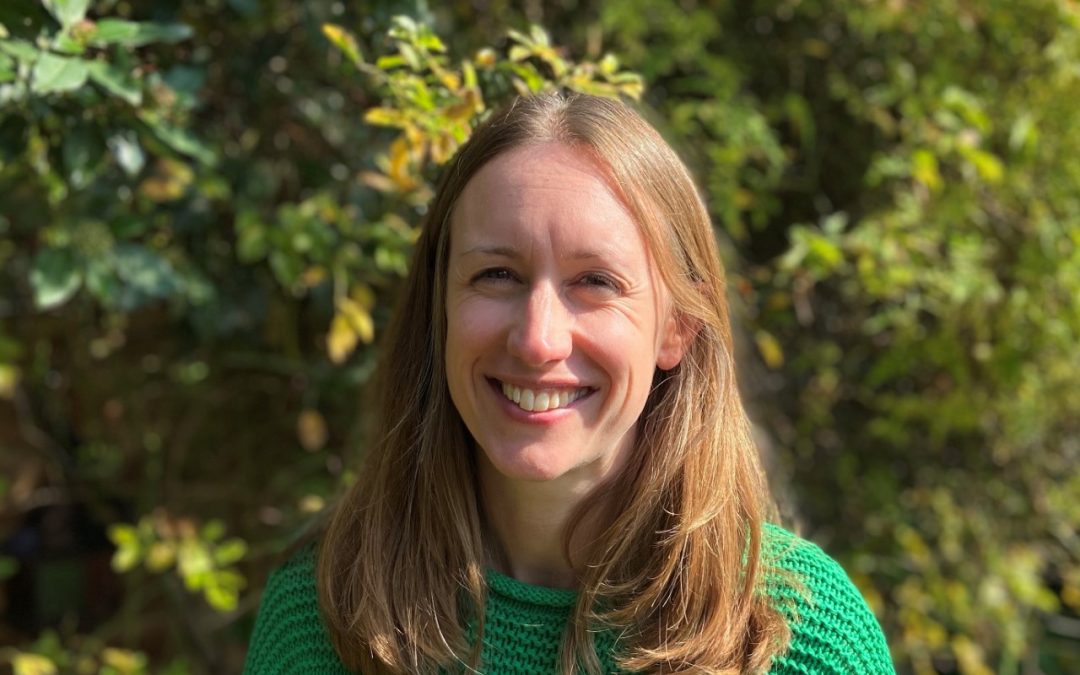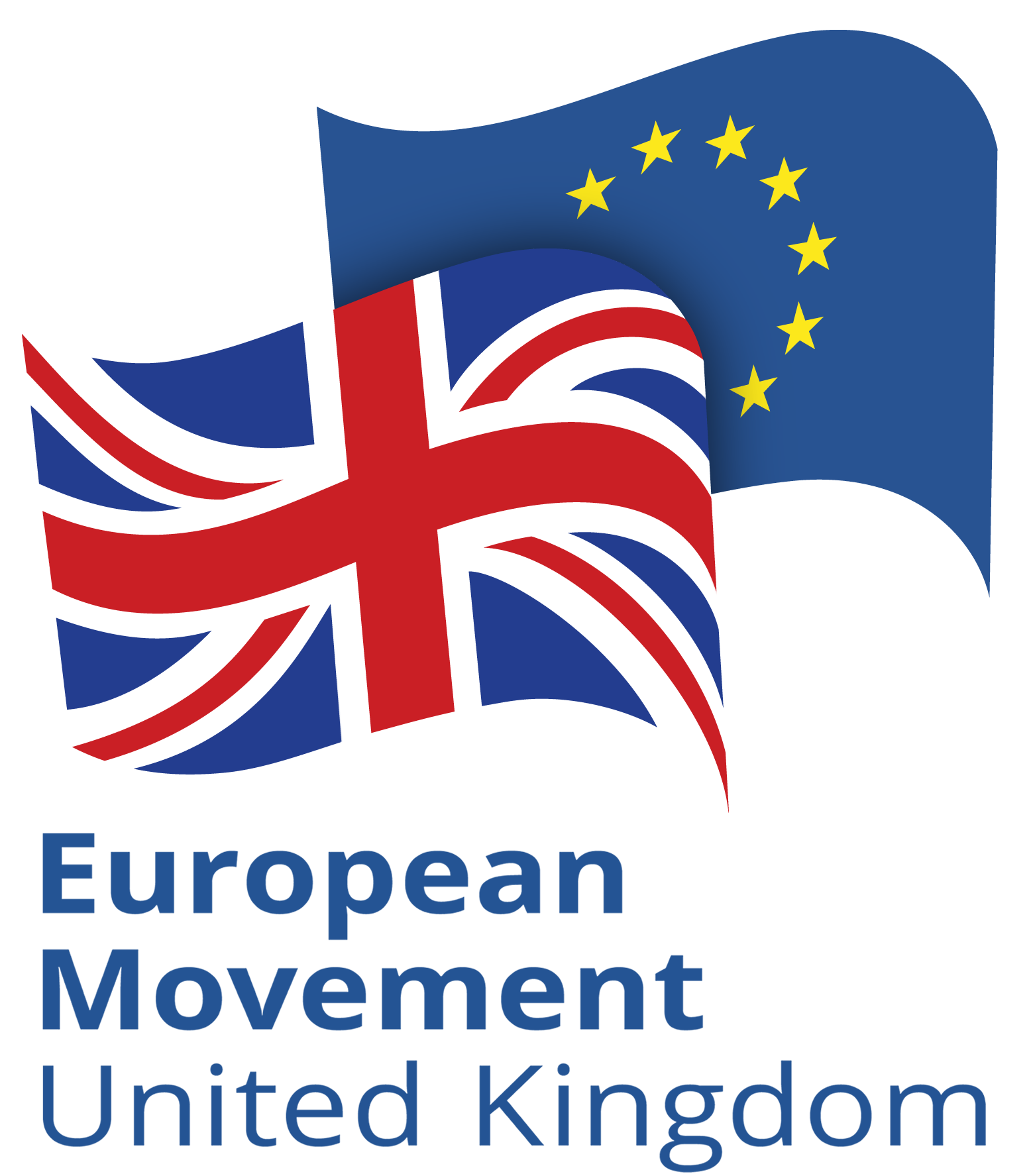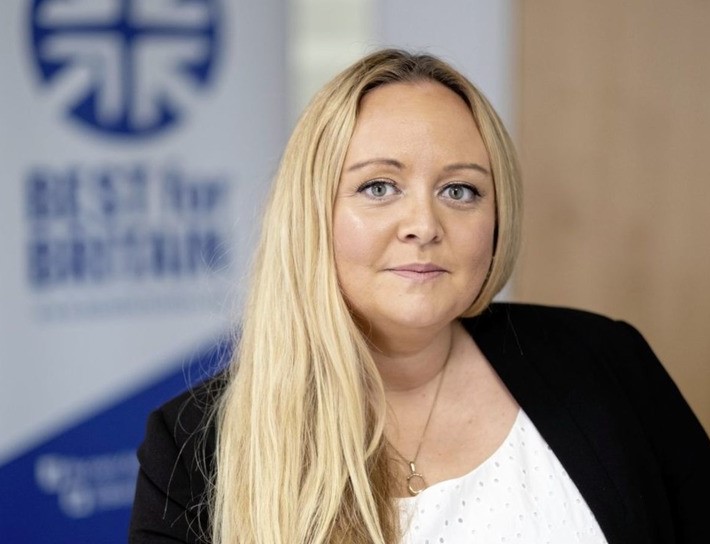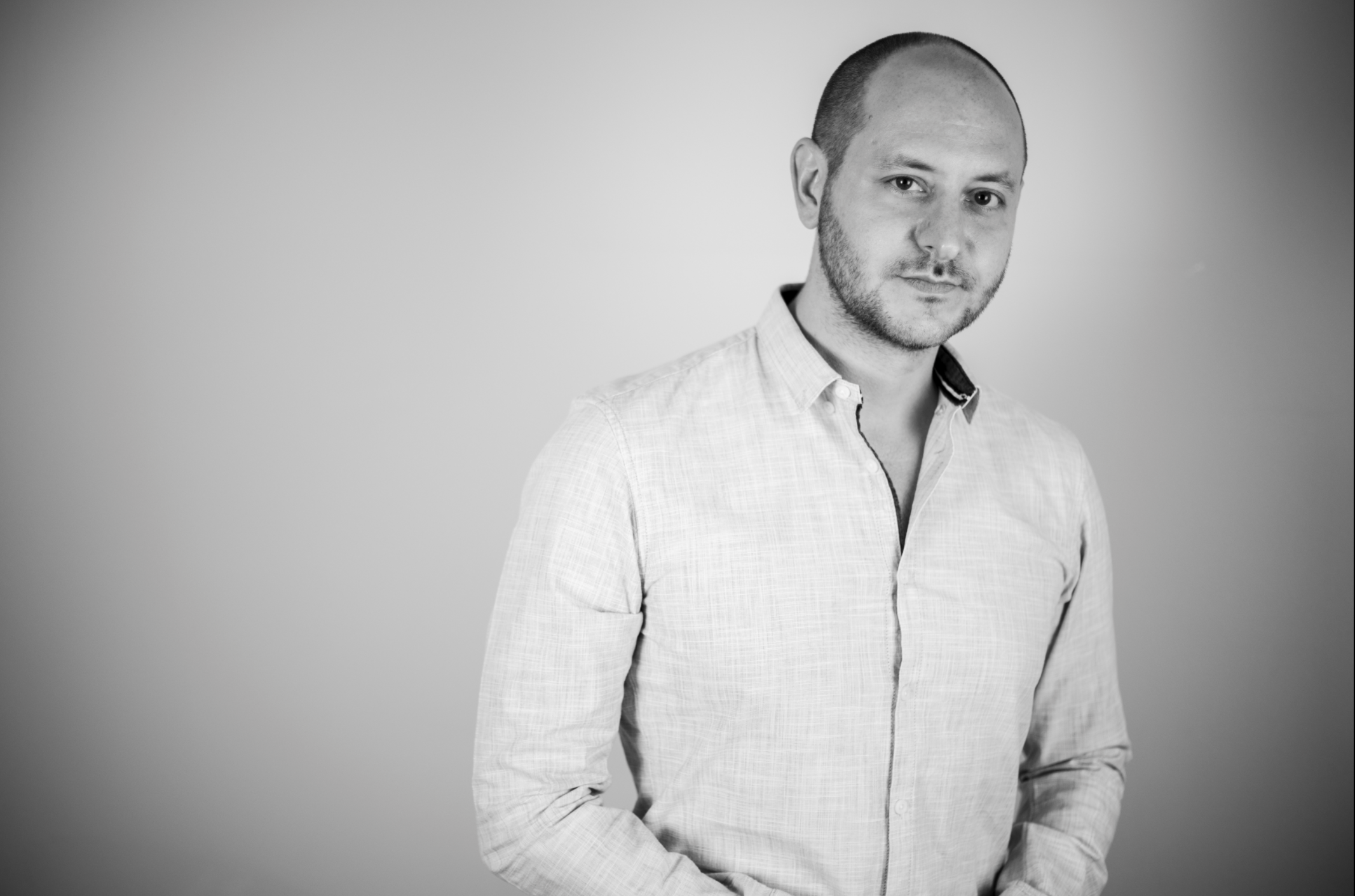Anna Bird is the CEO of the European Movement UK. She joined the European Movement in September 2020, having previously led political influencing campaigns at Scope, the Fawcett Society and Mind. Anna is a passionate Europhile, a European Studies graduate and Erasmus alumnus, who studied in France and Italy and started her career as a stagiaire in the European Parliament.
Alan Brown : European Movement describes Brexit as a historic, national mistake and says it “will fight to rejoin the EU as soon as it is politically possible”. Given that no political opposition party wants to talk about the Brexit mistake, how will it ever be ”politically possible” to rejoin, or even achieve a version of the single market?
It’s our job to make it politically possible. We can’t rely on the political parties, that’s abundantly clear!
How do we do it? We have to expose to the public the huge harm that is being done by this Brexit deal. By using local issues and human stories, we can make the impact of Brexit resonate with people at an emotional level, not just a rational one. We’re providing the tools for our local groups to do just that.
And then we need to offer hope and the possibility of something different. We talk at the European Movement about building back step by step. Some of these steps might include: rejoining Erasmus, securing a deal on veterinary standards, getting an EU-wide visa waiver for touring artists … we’re campaigning on all these issues.
Clearly, this government’s Brexit just isn’t working. We’re seeing that in the empty shelves in the supermarkets, the tension in Northern Ireland and workforce shortages. So, change is inevitable. That provides an opportunity to move us closer to the end goal.
Valerie Chaplin :You have over 100 groups around the UK, that campaign for upholding citizens’ rights etc. Which UK citizens’ groups do you work with in the EU 27?
Well… Bremain in Spain, obviously! You are a valued EM affiliate. As a member of European Movement International we have links to citizens groups across all EU member states and beyond. And we met just this week to explore opportunities with British in Europe, who are doing great work advocating for UK citizens in Brussels.
There’s no doubt much more we could and should do to build our links across the EU with UK citizens’ groups, and to be able to offer more to our members who live on the continent. Any suggestions for how to do that – I’m all ears.
Steven Wilson : European Movement have a reputation for being middle-aged, male and white. How do you intend to encourage more diversity in the organisation?
If we want to stay relevant, this has to be a top priority and as a lifelong equality campaigner, this matters to me very much. One of my first actions was to propose 3 new candidates to join EM’s Executive Committee to improve diversity at the top table. I was delighted that the National Council approved the nominations of Molly Scott Cato, Jane Thomas and Sajjad Karim, and all three have made an outstanding contribution in the few months since they joined.
As CEO, I have started to embed an inclusive, flexible working environment (as a mum to two young children this is vital for me, but it works well for others in the team who juggle caring responsibilities, needy dogs and political and non-exec roles alongside their day jobs!)
And I’m working with Andrew (Adonis, our chair) and Molly on much deeper reform of our governance structures, so that diversity is ‘baked in’ for the future. The proposals would ensure a much larger National Council in which no less than 40% of seats go to women and there are reserved places for people from Black and Minority ethnic communities and young people. Alongside this we intend to recruit a diversity officer to the board, who will work with appointed diversity leads in our local groups, to build a diverse pipeline of campaigners, ambassadors and leaders for our movement.
We’ve got a long way to go but change is afoot – and importantly, it’s already making the EM a much more vibrant, creative and fun place to be.
Anon : Can the government be defeated at the next election, and if so, how?
I tend to leave the political punditry to others in the European Movement, so I don’t know that I’m the best person to answer this question! But 130,000 people have died during the pandemic, key industries have been betrayed over Brexit, the peace process in Northern Ireland has been undermined – these are all conscious choices made by this government, a shameful legacy for Boris Johnson, and this will be the backdrop to the next election.
I hope that progressive parties will work together to oust this government, and I also hope and expect that any future Tory leader will want to signal distance from this regime and will soften its stance somewhat on our relationship with the EU, if only to mitigate the economic impact of this hard Brexit deal. But we have to play our part for these things to happen. We need to hold this government to account robustly and prevent the impact of Brexit being swept under the Covid carpet. We can give a platform to politicians from across the political spectrum who are willing to call out the harm that is being done and those willing to voice pro-EU views. We need to organise and mobilise so that we are a strong voice when that election comes. That’s why the EM is investing to grow our membership for the future – there’s a long road and some big campaigns ahead!
Michael Frederick Phillips : There are many protest groups representing UK residents in the EU focused on how to hold the UK government to account for the detrimental effects of Brexit. How best can we form a strategic alliance of these groups to focus on the EU and raise our visibility?
A strategic alliance is a great plan: the more united the voice, the more profile and impact you will have. I’d be interested to know what’s preventing that now – is it resources and time, or different views and approaches? If the European Movement can help facilitate a coming together, we’d be very happy to do so. Could we convene a summit or a regular (e.g. quarterly?) roundtable for groups to share intelligence, find some shared goals and campaign opportunities? Could we extend some of our campaign tools and training offer to groups like yours to build your firepower? We’re open to ideas and happy to help.
David Eldridge : As you used to work in the mental health field, what effects do you think Brexit is having on people’s mental health?
Brexit is leading to all sorts of negative impact for people – precarious work situations, families and living arrangements being thrown into chaos, communities losing jobs and investment, and people’s fundamental sense of identity and belonging under threat. All of these social and economic factors are determinants of mental ill-health too, so there’s no question that there will be a mental health impact. But I suspect it will be hard to calculate and to some extent masked by the huge mental health impact of the Covid pandemic.
We all have a role to play in supporting people through. Now more than ever, groups like Bremain in Spain and other groups in our network can provide some comfort and solidarity to those affected by Brexit. We are a community of like-minded people with a shared goal – to rebuild our relationship with the EU. That’s one of the many reasons why building our movement is so important – people affected by Brexit need to know that we are here to bear witness and expose the harm that’s been done.
Next month will see the return of our occasional feature – Bremainers Ask Revisited. We will be asking former contributors to comment on the current state of play of British politics, in particular Brexit. We are delighted to be welcoming back Naomi Smith, Ian Dunt and Jonathan Lis, and look forward to hearing their thoughts on the subject.










